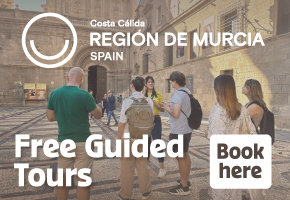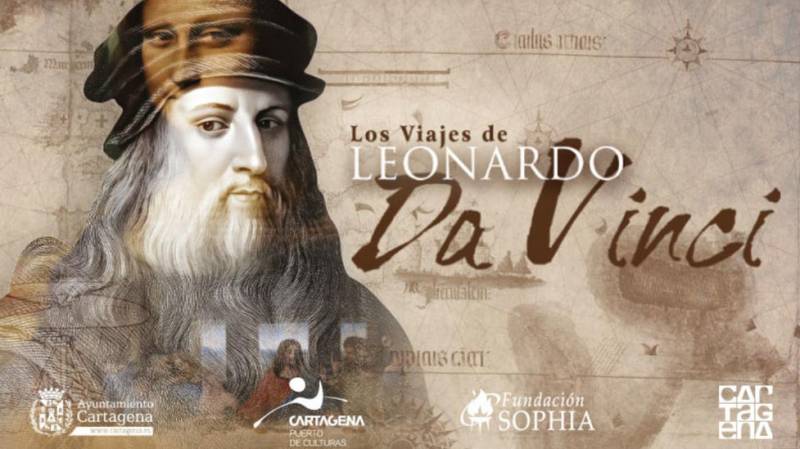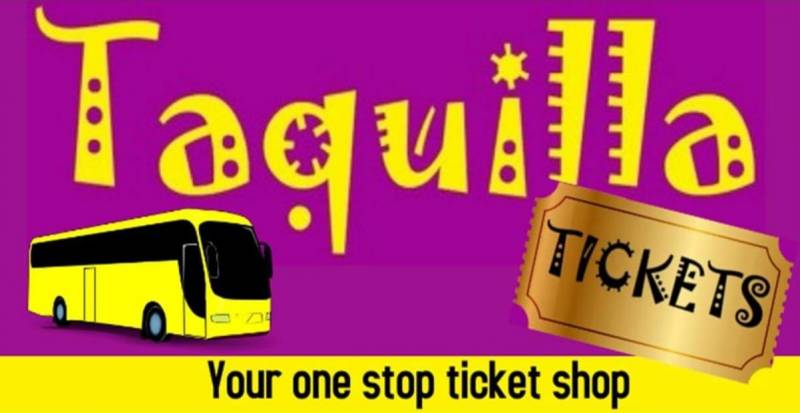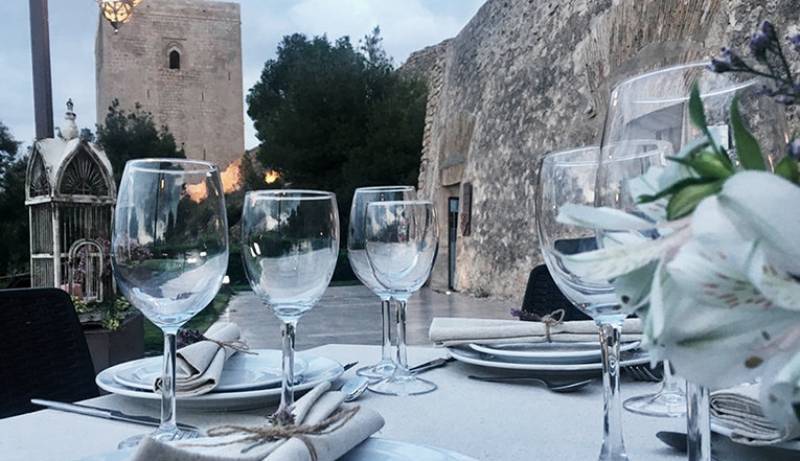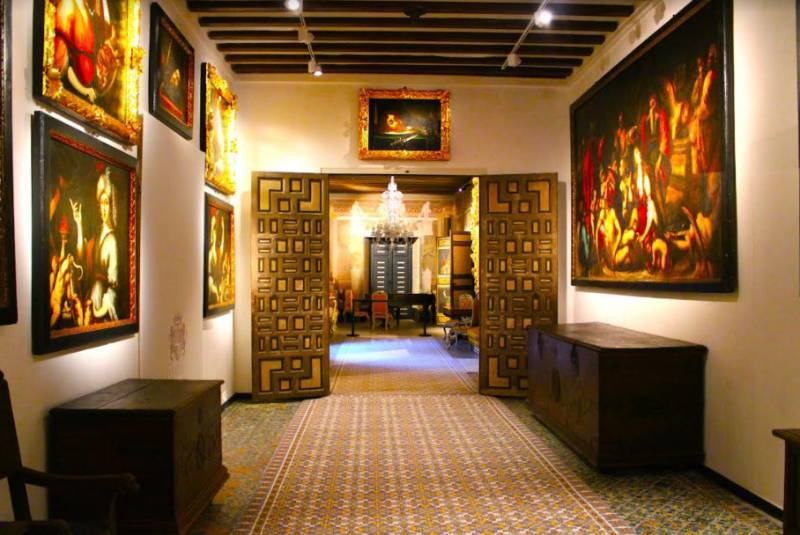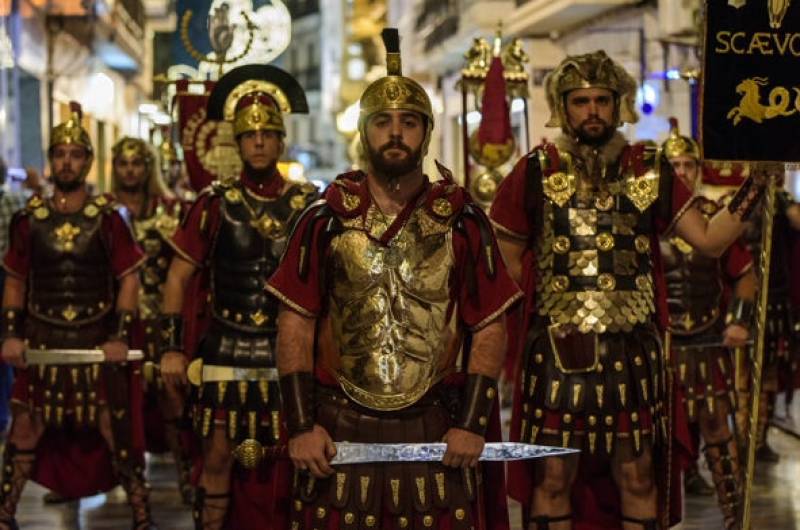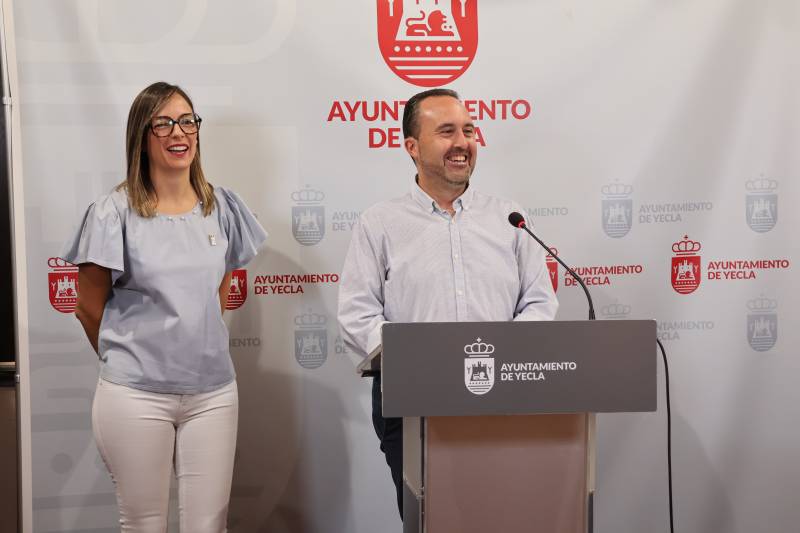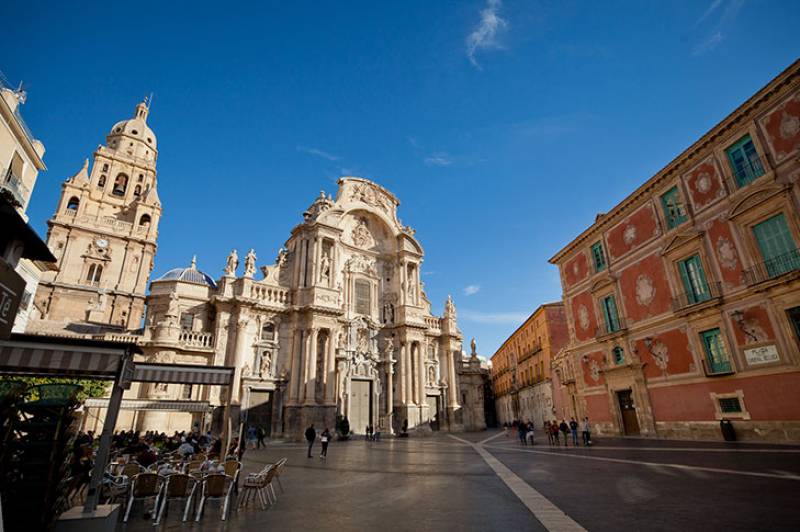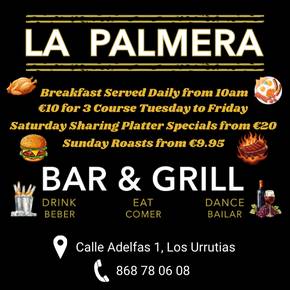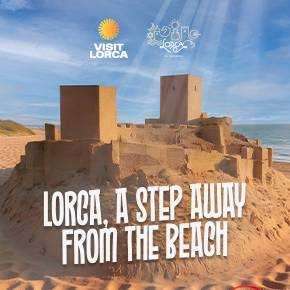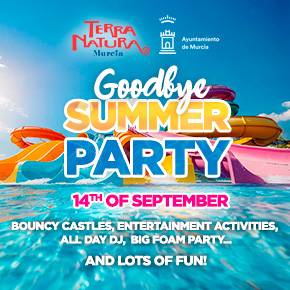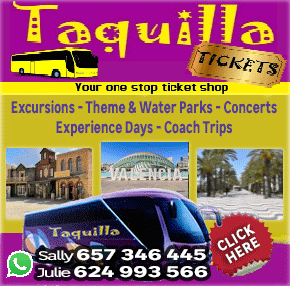

- EDITIONS:
 Spanish News Today
Spanish News Today
 Murcia Today
Murcia Today
 Alicante Today
Alicante Today
September 21 Open day at the archaeological site of Los Torrejones in Yecla
Visit this 2,000-year-old Roman villa in Yecla, one of 5 which were clustered together in the countryside
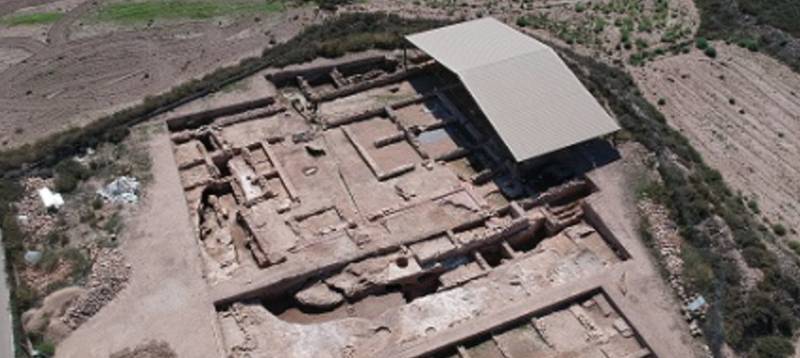 The 23rd edition of the Open Days season in Yecla continues on 21st September with a visit to the site of Los Torrejones, where visitors can see for themselves the area in which this year’s dig was based on finding new details related to the Moorish baths dating from the 12th and 13th centuries.
The 23rd edition of the Open Days season in Yecla continues on 21st September with a visit to the site of Los Torrejones, where visitors can see for themselves the area in which this year’s dig was based on finding new details related to the Moorish baths dating from the 12th and 13th centuries.
Originally, there was a large Roman villa in Los Torrejones overseeing a sizeable agricultural concern some 2,000 years ago, and the area was inhabited on and off until the 13th century AD, when the Kingdom of Murcia was reconquered from the Moors by Christian forces.
It is one of five such villas found in an area of only 4 square kilometres (the others being El Pulpillo, Marisparza, Casa de la Ermita and Fuente del Pinar), indicating the degree to which the cultivation of grapes and olives in Yecla was important to the Romans: these “villas” dealt with the growing of crops and the production of wine and olive oil.
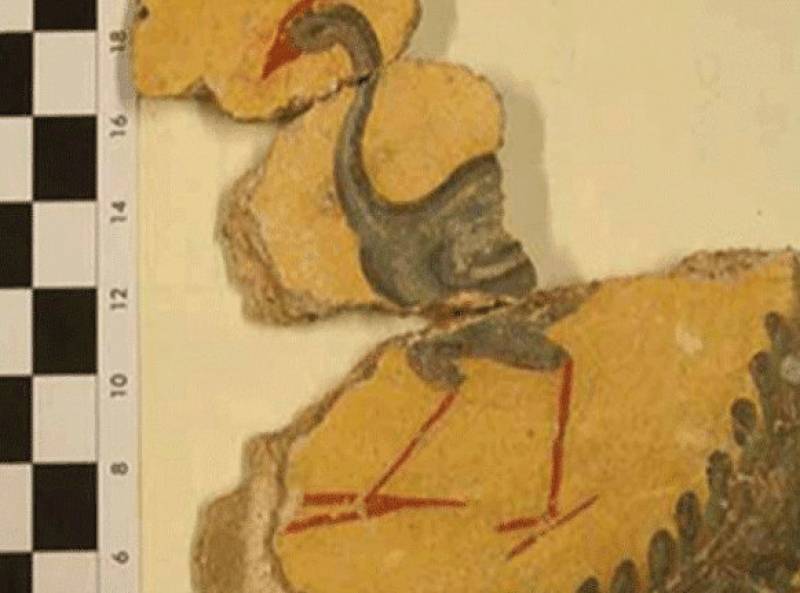 The first excavations date back to 1847 and the most significant discoveries include a 4th century mosaic found in 1957 and various stone pools which comprised a thermal bath complex. Fragments of ceramics, marble sculptures and columns have also been unearthed, and the Town Hall of Yecla has since acquired the land, protected it from the elements, made it possible to visit and housed the items of interest found in the local archaeological museum.
The first excavations date back to 1847 and the most significant discoveries include a 4th century mosaic found in 1957 and various stone pools which comprised a thermal bath complex. Fragments of ceramics, marble sculptures and columns have also been unearthed, and the Town Hall of Yecla has since acquired the land, protected it from the elements, made it possible to visit and housed the items of interest found in the local archaeological museum.
All five Roman villas were in charge of large areas of flat, fertile land. They underwent a crisis in the 3rd century, reached the height of their importance in the 4th century and survived for long periods of time. Alongside them are the remains of two more buildings which were used as inns, the “Casas de Almansa” and the “Casa de las Cebollas”.
The timetable of the open day is from 10.00 to 13.30, with groups of 25 people at most being filled on a first come first served basis. Visits begin at 30-minute intervals and further information and registration are available by telephone on 968 700901 (weekdays 9.30 to 13.00).
Further visits to other sites are being held on 14th and 28th September.
More visiting information is available from the tourist office of Yecla (email turismo@yecla.es) or, for more local events, news and visiting information in English, go to the home page of Yecla Today.
staff.inc.and
Oficina de Turismo de Yecla
In early 2025, due to renovation work at the usual office, the service is located on the other side of the Plaza Mayor at Calle Epifanio Ibáñez nº 2 (click for map).
 Yecla is a large municipality in the north of the Region of Murcia, home to just under 35,000 people, and these days is best known for its wines, which enjoy Denomination of Origin status, and its furniture production, which has its origins in the abundance of pine trees on the mountainsides and the high plateaux.
Yecla is a large municipality in the north of the Region of Murcia, home to just under 35,000 people, and these days is best known for its wines, which enjoy Denomination of Origin status, and its furniture production, which has its origins in the abundance of pine trees on the mountainsides and the high plateaux.
 While visitors in the 21st century may be attracted primarily by wine tourism, the town (or city, as it was proclaimed in 1878) also has a wide historical, cultural and natural heritage, and an identity quite different from the coastal areas of the Region of Murcia. For this reason it is often grouped together with its neighbour and fellow wine-producing area Jumilla as part of the Altiplano area.
While visitors in the 21st century may be attracted primarily by wine tourism, the town (or city, as it was proclaimed in 1878) also has a wide historical, cultural and natural heritage, and an identity quite different from the coastal areas of the Region of Murcia. For this reason it is often grouped together with its neighbour and fellow wine-producing area Jumilla as part of the Altiplano area.
Yecla borders with Castilla-La Mancha and the Region of Valencia and is closer to Alicante coastal areas than much of Murcia. These visitors come to see the historic old town itself - an atmospheric and interesting place, crammed full of history - the natural beauty of Monte Arabí, with stunning views for those who enjoy the outdoors, the gastonomy and of course the wine route.
 Yecla boasts cave paintings from 10,000 years ago in Monte Arabí, a Bronze Age settlement at El Arabilejo, Iberian remains in El Pulpillo and a Roman administrative centre at Los Torrejones as well as the remnants of the 11th century Moorish castle on the hill behind the town. More modern (and complete) testimony to the past are the buildings in the town centre, which include the grandiose Basílica de la Purísima, with its striking blue dome, the archaeological museum and the attractive Plaza Mayor, where the 16th century Town Hall stands alongside the Renaissance Casa de los Alarcos, the clock tower and the old grain store.
Yecla boasts cave paintings from 10,000 years ago in Monte Arabí, a Bronze Age settlement at El Arabilejo, Iberian remains in El Pulpillo and a Roman administrative centre at Los Torrejones as well as the remnants of the 11th century Moorish castle on the hill behind the town. More modern (and complete) testimony to the past are the buildings in the town centre, which include the grandiose Basílica de la Purísima, with its striking blue dome, the archaeological museum and the attractive Plaza Mayor, where the 16th century Town Hall stands alongside the Renaissance Casa de los Alarcos, the clock tower and the old grain store.
 The tourist office holds a full selection of leaflets, maps, pre-planned routes, accommodation and restaurant options and information about visiting Yecla for both individuals and groups.
The tourist office holds a full selection of leaflets, maps, pre-planned routes, accommodation and restaurant options and information about visiting Yecla for both individuals and groups.
There is parking close to the tourist office, although those driving to Yecla for the first time are advised to park in Calle Perales.
For further information go to the home page of Yecla Today.
Opening hours:
Tuesday to Friday 8.00 to 15.00
Saturdays 10.30 to 14.00 and 17.00 to 19.30.
Public holidays 10.30 to 14.00
Click for map, Yecla tourist office

